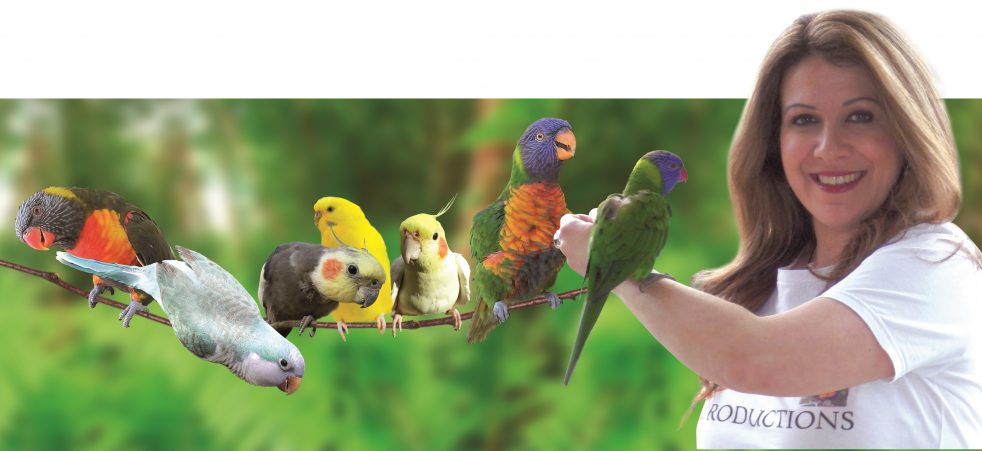Cruelty-free criteria
The following brands of products have complied with CCF’s non-animal testing criteria. Products which contain cruelly-derived ingredients are not included in the list. The symbols used in this list indicate the following:V All products are suitable for vegans (Vegans do not use or consume any animal products)
sv Some products are suitable for vegans (please check individual labels)
5 Products meet standards of non-animal testing but some products may contain animal ingredients.
g Companies with the never tested rule
n Companies with the five year rolling rule/the 1985 cut off rule
CCF Licensees are listed in blue
CCF will not accredit a manufacturer if any of its products contain any ingredients:
- Derived from an animal killed specifically for the extraction of that ingredient
- Forcibly extracted from a live animal in a manner that occasioned pain or discomfort
- Derived from any wildlife
- That are by-products of the fur industry
- That are slaughterhouse by-products of a commercially significant value
Choose Cruelty Free (CCF) is an independent, non-profit organisation. CCF surveys companies which claim to sell products that have not been tested on animals and do not contain cruelly-derived ingredients and accredits companies which satisfy CCF’s criteria.
Australian campaignThe Australian campaign to ban animal testing of cosmetics is well underway. Late last year we contacted the Hon Nicola Roxon MP, Minister for Health and Ageing, and requested that Australian legislation be amended to bring it into line with the European ” 7th Amendment to the Cosmetics Directive“. The Cosmetics Directive will see an end to the sale of cosmetics and cosmetic ingredients tested on animals, throughout the EU, by March 2013. We did not think our request for legislative change was unreasonable. Unfortunately, the Minister rejected our plea. Not to be defeated, on World Animal Day we launched our first major campaign targeting the Australian Government. |
|||||
|
Launched by Dr Katrina Warren, CCF has distributed over 15,000 postcards and are sending out more every week. The postcards are addressed to the Hon Nicola Roxon and ask that Australia follow the example set by the EU. We are hoping that the minister will reconsider her decision to reject our request once she finds it difficult to find her desk under all the mail. We would be very grateful to any of our readers who are prepared to distribute postcards for us. |
|||||
Tracy Bartram joins usOur celebrity supporters have also kindly offered their assistance with the campaign. Tracy Bartram, well known comedian and long time campaigner for animal rights, has offered to be our celebrity spokesperson. We are very excited and grateful to have Tracy on board and, with her at the helm, we know that we will be able to get our message out loud and clear to the Australian public. We are confident that the majority of Australians will support the proposed ban on animal tested cosmetics once they become aware of the cruelty involved |
|||||
Update on the European banIn March 2009, legislation came into effect introducing a phased ban on animal testing of cosmetics and cosmetic ingredients throughout Europe. The ban prohibits the testing of cosmetics on animals in cases where non-animal alternatives are available. It is also a marketing ban and prohibits the sale of animal tested cosmetics, no matter where they are produced. A total ban on animal testing of cosmetics will come into effect in March 2013, whether or not non-animal alternatives are available.
Three replacements have now been validated: EPISKIN, EPIDERM, and SKINETHIC. At present, refinement and reduction methods have been developed for the tests: Acute Toxicity, Reproductive Toxicity, Skin Sensitisation, and Mutagenicity, Alternative replacement methods are yet to be validated. Companies have until 2013 to develop and validate alternatives. If they want to include new ingredients in their products after this date, they will be required, by law, to use in vitro safety tests. Animal rights groups throughout Europe, particularly in the UK, must be congratulated for the enormous amount of work they put into achieving this huge win for the animals. |
|||||
